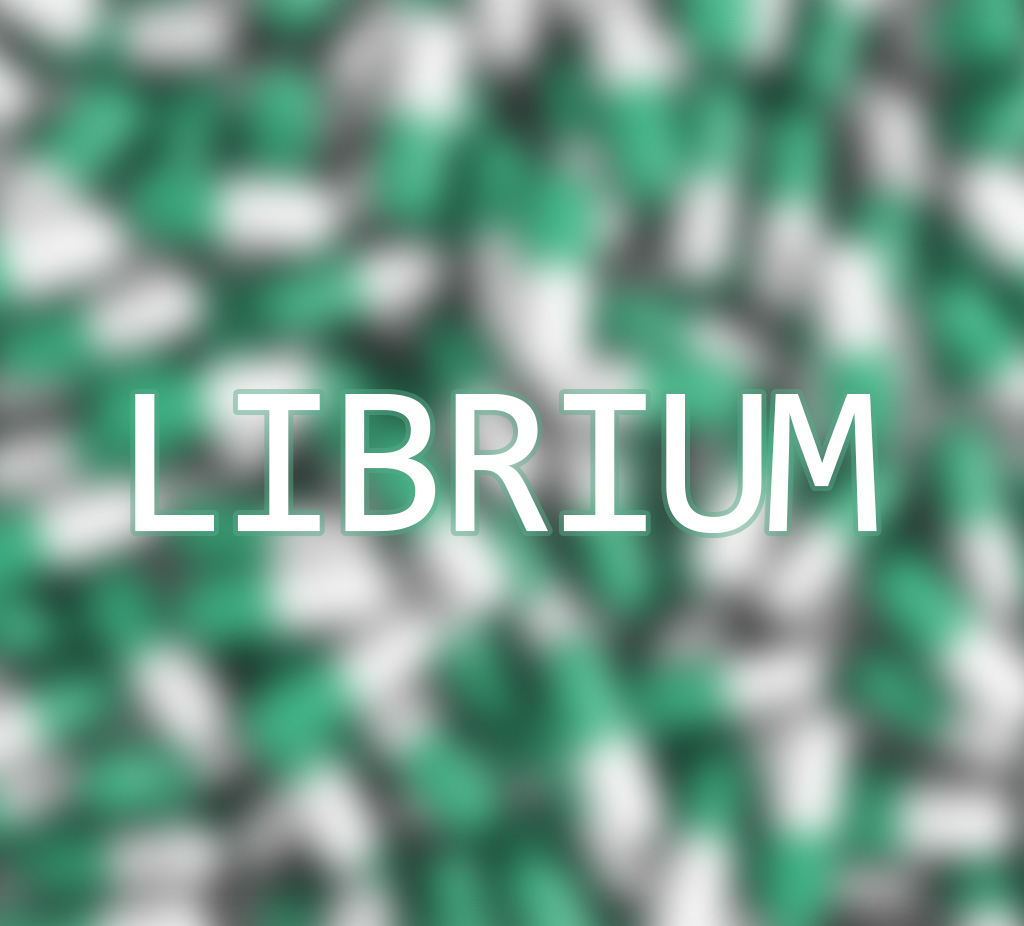
What is Librium? Uses, Side Effects, Withdrawal Symptoms, and More

Dealing with anxiety and related disorders is difficult. Many medications are effective at helping treat these conditions, but that doesn’t mean that they aren’t without their associated risks, side effects, and the potential for addiction. When you have been prescribed a new medication, it is important to know all the facts about the drug so that you know how to use it safely for the condition for which it was prescribed.
Elite Home Detox is here to provide our clients with the information they need to safely use their medication, but if addiction becomes a problem, we are here to help as well. In this post, we will discuss the drug Librium, its uses, side effects, withdrawal symptoms, and withdrawal timeline. We will also talk about drugs that are similar to Librium and how detox is the best option.
Table of Contents:
What type of drug is Librium?
Librium is in a category of drugs known as benzodiazepines or benzos. It is used alongside drugs like Ativan and Baclofen to treat anxiety disorders. Benzos act as stimulants that react with the brain and central nervous system to control reactions and signal transmissions.
Librium is the brand name for the drug Chlordiazepoxide which has been around since the 1950s. Unlike other drugs in the category, Librium is designed as a short-term use drug to treat anxiety and may be used to treat acute alcohol withdrawal and other conditions because of its relaxing effect on the body.
Benzos, in general, are considered highly addictive, and Librium is classified as a schedule IV drug and is tightly controlled due to its potential for abuse and addiction.

Side effects and risk of addiction
While Librium is indeed effective at treating anxiety, the relaxing effect that the drug has is the primary reason for its abuse. It produces a calming effect that is similar to alcohol consumption but on a stronger scale.
The reason for abuse is that people who enjoy this feeling find it harder to get the same feeling after prolonged use of the drug. Therefore they begin to take higher and higher amounts of the drug in order to achieve the same results.
Librium is considered weaker than some of its counterparts and is often mixed with other drugs to produce a stronger high.

When a person begins abusing Librium, they may experience restlessness, irritability, and confusion, as well as symptoms of anxiety which the drug is used to treat in the first place.
Benzos are considered highly addictive due to the way that they interact with the brain and, over time, the drug alters the brain chemistry and affects the nerve receptors. This creates what is known as chemical dependence on the drug. As chemical dependence worsens, it proceeds into a full-blown addiction.
Withdrawal symptoms
Withdrawal for most drugs can start within a few hours of stopping use. However, Librium is what is classified as long-acting benzo. This means that the drug can remain in the system for up to 30 hours after the last use, and it may take even longer for the effects of the drug to fully diminish from the system. For this reason, the onset of withdrawal can be delayed by several days, making it difficult to track.
When a person begins to withdraw from Librium, they can experience a range of both mental and physical symptoms. The severity of these symptoms will be dependent on the length of time the person used the drug and their overall health, and any underlying conditions they may have.
A person may experience:
- nausea
- vomiting
- dizziness
- sweating
- tremors
- seizures
- insomnia
- hallucinations
- memory loss in terms of physical symptoms
This is why professionally assisted detox is necessary, as many of these symptoms can cause severe complications.
Mental symptoms include anxiety, depression, agitation, irritability, psychosis, and hypersensitivity to stimuli.
Withdrawal timeline
The timeline for withdrawal is somewhat delayed compared to even other benzos as the drug has a long half-life, and the effects can linger for days. As with the onset of symptoms, the start of withdrawal can be delayed, and the length of withdrawal can range from around two weeks to a month, with some people feeling lingering effects for several months after stopping use.
Compared to other types of withdrawal, this makes Librium withdrawal especially difficult to deal with. Other drugs have a withdrawal and detox period of 5 to 7 days, whereas Librium is much longer without help.
Let Elite Home Detox help you today
When it’s time to get someone the help they need with Librium addiction, let Elite Home Detox come to you with the best medically assisted detox and the most discreet service possible.
EHD Can Help You Through The Withdrawal Process
Elite Home Detox is here for you if you need help withdrawing from Librium or any other addictive drug. We can provide you with the one-on-one care you need while going through detoxification and withdrawal symptoms caused by addiction. And best of all, we come to you! You can make a full and lasting recovery in the comfort of your home with the help of our expert medical team. Contact us today to learn more.


